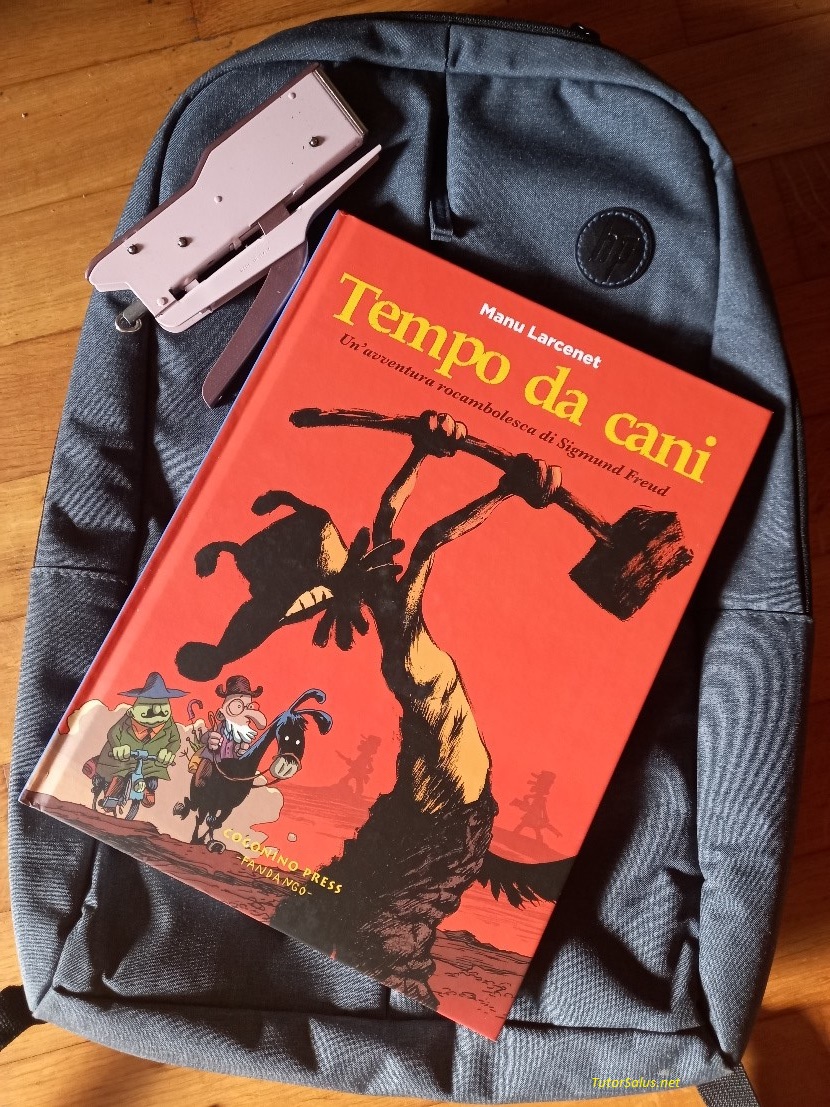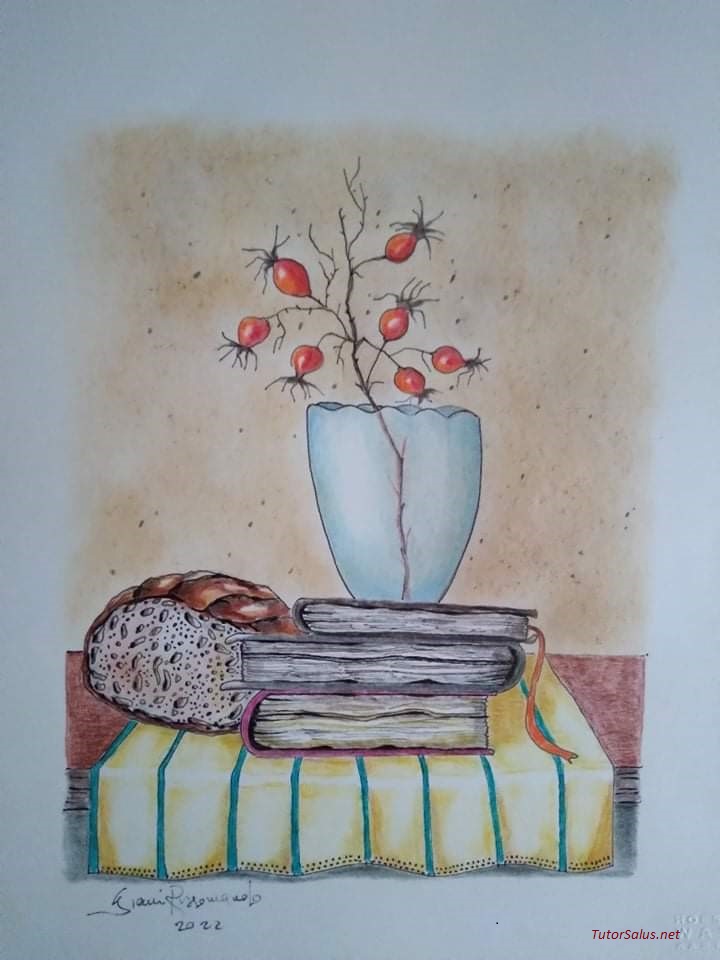Absent the child.
- You tube:
‘Glory Box’, by Geoff Barrow (‘Portyshead’) drove the conclusive approval of ‘Agamemnon’, directed by Davide Livermore and co-produced with ‘Teatro Nazionale’ of Genoa. 57° Stagione ‘Teatro Greco Siracusa’ 17 maggio – 9 luglio 2022 I.N.D.A. Istituto Nazionale Dramma Antico www.indafondazione.org
“…Not present is here the son : right he, who ratifies mine and your own pact of love. Yet he should, Orestes.” [1]
Let one’s own fellow pass to an emotional puppet, rather than offer appointments to be judged, makes of Clytemnestra the prototype of a slave.
An ancient gramophone is, not by mistake, close-up on the stage of ‘Agamemnon’ : even better it excellently plays its role as a support setting up any memory – but not a fanciful one – when it becomes a visual one, as this one can rely just on one’s hearing.
On the other hand, just beyond the terraces of the Theatre there is the cave dug, it seems, on a project by Archimedes and by now known as the ‘ear of Dionysus’ after the name of the tyrant who, while staying elsewhere, could listen to the speaking – amplified up to sixteen times – of anyone being inside.
What does amplify, then, and distorts and deviates the obscure silence of that intentional absence which is the removal itself, putting aside along a swift and stealthy replacement of a suddenly uncomfortable memory ?
That also says the stage of ‘Agamemnon’, where the director dedicated an accomplished scene, and the whole stand, to the supposedly loving affection by which the miserable Clytemnestra[2], burning with approvals and success, moves away from the palace the child, the young prince Orestes in an opera to another one dedicated. But Aeschylous[3], in his original text, offers as just faded her decision.
“Don’t be surprised : a brother, so kind, of yours in arms, Strofio of Phocis, is growing him.”[4]
One wonders what Orestes will remember about that dismissal by his mother, which the queen made – she says – in order to protect him, as the heir to the throne of Argos.
And we can’t forget that, just a few hours before, mythology has it that the youngest Astyanax was thrown by the enemies Achaeans down the walls of Troy on fire, in order he never become the king.
Aeschilous will put forward the recklessness of the divine ‘Erinyes’[5] to fill in the room left vacant of human reason : and that persisting sound on the stage, no more and not only a background which, at times, gets to cover up the acting, becomes however functional to a docility by which the ancient and still current characters pass to ‘objects’ of a superior Destiny which dominates everything, and everything de-imputes too.
“I enjoyed in the blood”, after the massacre declares with sweeping gestures Clytemnestra at whom, the vindictive and crafty ghost of a pleased Iphigenia smiles with the dagger in her hand.
One’s fellow, here, will never have a place as a partner : and, in the absence which is already a removal, the humans condemn themselves to do everything on their own, included crimes, but these ones accepted and justified in a devout submission to a higher, more separate Justice which can use the human way to un-restrain any common revenge.
“ ‘I must! And so be it’.
Then he tightened on his neck the shafts of the Destiny,
deviated his mind on a contrary course,
of a sacrilegious, obscene impiety : that was the turn
which pulled him, inside to dare the extreme.” [6]
Irreplaceability – which is so doubtful to anyone reads this hardest text – of a decisive revenge Aeschilous shows in his ‘Agamemnon’, making however of the tragedy just a prologue of what will come.
Davide Livermore[7] instead comes again to any human freedom and to a choice still enslaved which doesn’t un-chain from that revenge : and his direction is able to clarify the whole trilogy.
Marina Bilotta Membretti / Cernusco sul Naviglio - August 1, 2022
[1] Clytemnestra justifies to Agamemnon the absence of their son, Orestes. Cited : ‘Agamennone’, p.63 in “Eschilo. Orestea” con testo originale, traduzione dal greco di Enzo Savino – Garzanti Editore SpA (1998).
[2] Clytemnestra admits to Agamemnon she attempted suicide during his absence.
[3] Aeschilous (525 b.C. – 456 b.C.) was one of the most important Greek poets (‘Prometheus chained’, ‘The Persians’, ‘The seven kings against Thebes’, ‘The supplicants women’, ‘Oresteia’ – ‘Agamemnon’, ‘Coefore’, ‘Eumenides’). He grew at Eleusis, a city of mistery rites near Athens, he fighted alongside Athenians, tecnically he innovated the tragedy introducing a second actor to dialogue with the Choir. After the success of ‘Oresteia’ (458 b.C.) he moved to Sicily and Syracuse.
[4] Here is still Clytemnestra, while justifying towards Agamemnon because of the absence of their son. Cited : ‘Agamemnon’, p.63 in “Eschilo. Orestea” con testo originale, traduzione dal greco di Enzo Savino – Garzanti Editore SpA (1998).
[5] ‘Coefore’ ed ‘Eumenides’, the two following tragedies making the whole tragedy ‘Oresteia’ are dedicated to the fury of the ‘Erinyes’ and to their ennobled domesticating in favour of humans, which appointed them as ‘Eumenides’, i.e. holders of a specific religious cult.
[6] The Choir reports thoughts and words of Agamemnon when sacrificing his firstborn Iphigenia. Cited : ‘Agamemnon’ pp.22-23 in “Eschilo. Orestea” con testo originale, traduzione dal greco di Enzo Savino – Garzanti Editore SpA (1998).
[7] Davide Livermore is director of opera and theatre since 1998, as he’ve been playing any theater role since he was youngest. He opened the last four seasons at the ‘Teatro alla Scala’ of Milano (‘Attila’ by G. Verdi, 2018-2019; ‘Tosca’ by G. Puccini, 2019-2020; the Concert ‘A rivedere le stelle’, substituting the opera due to Covid19 pandemic; ‘Macbeth’ by G. Verdi, 2021-2022). Since 2019 he directed for the ‘Teatro Greco’ of Syracuse : ‘Helen’ by Euripides (2019), ‘Coefore’ and ‘Eumenides’ by Aeschilous (2021), ‘Agamemnon’ and ‘Oresteia’, by Aeschilous (2022). Since 2017 he is collaborating with the ‘Royal Opera House Muscat’ in Oman.



